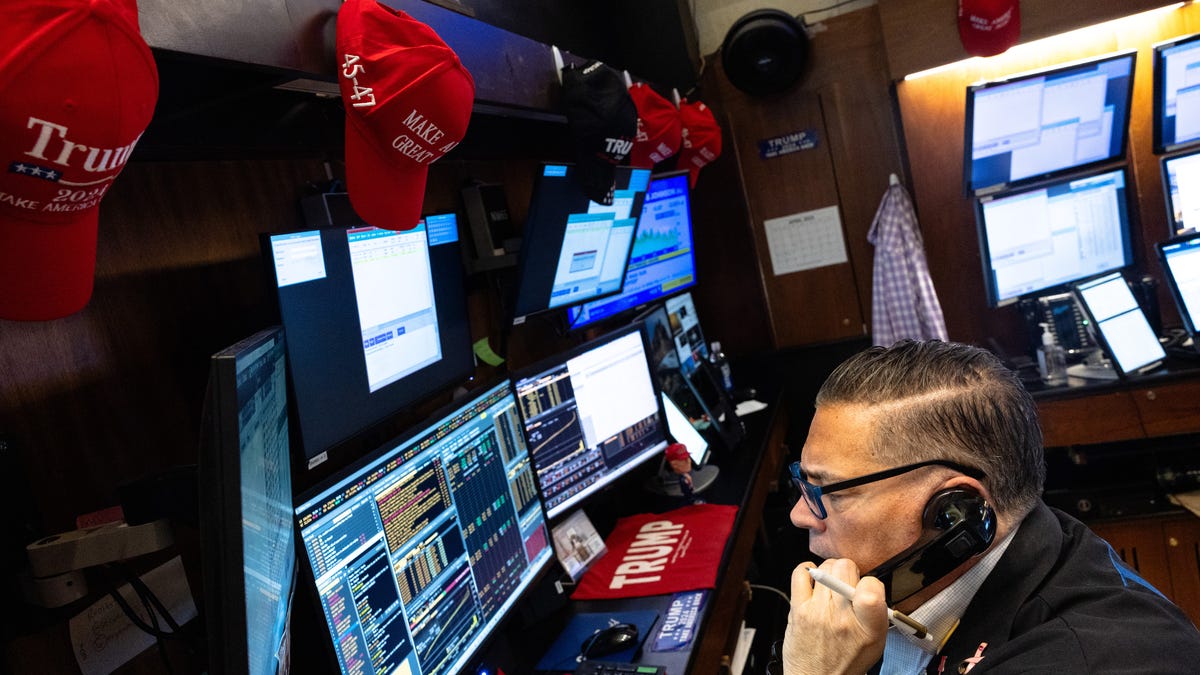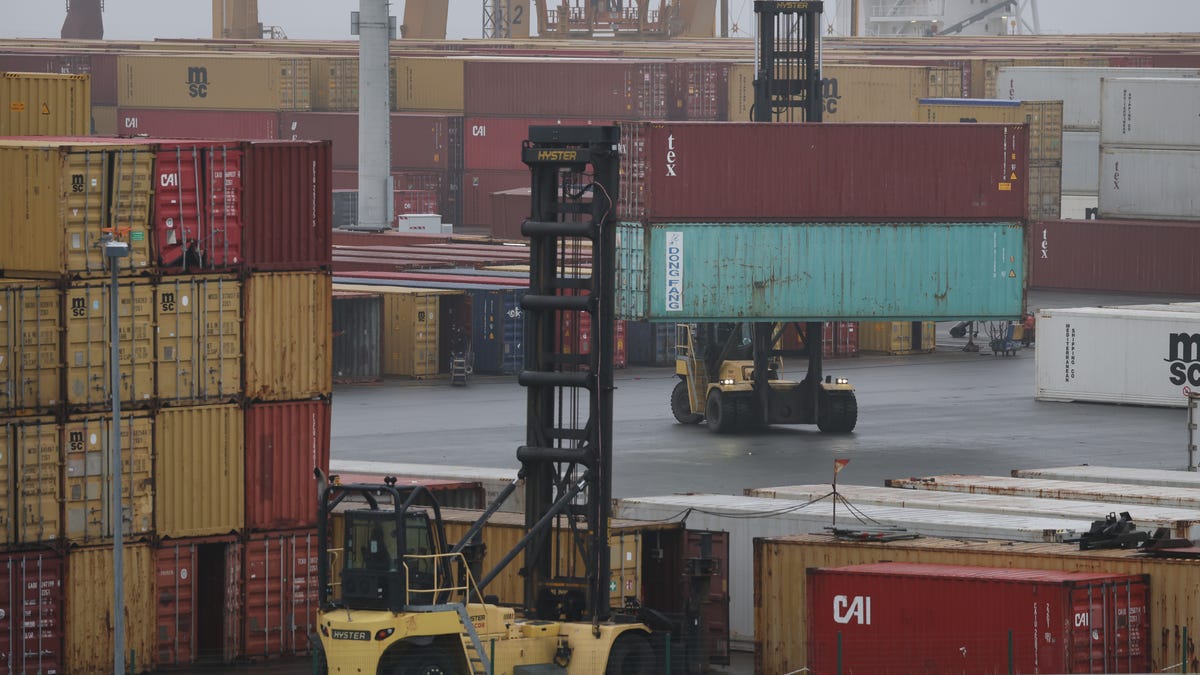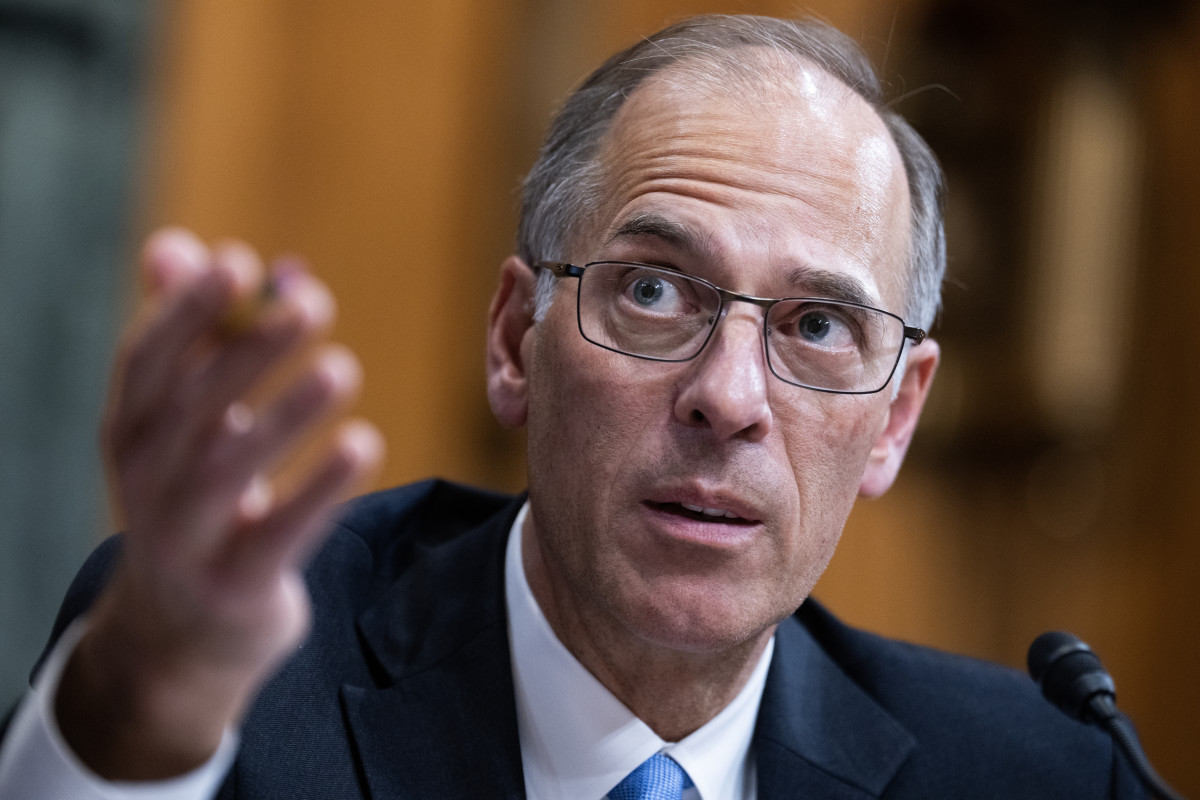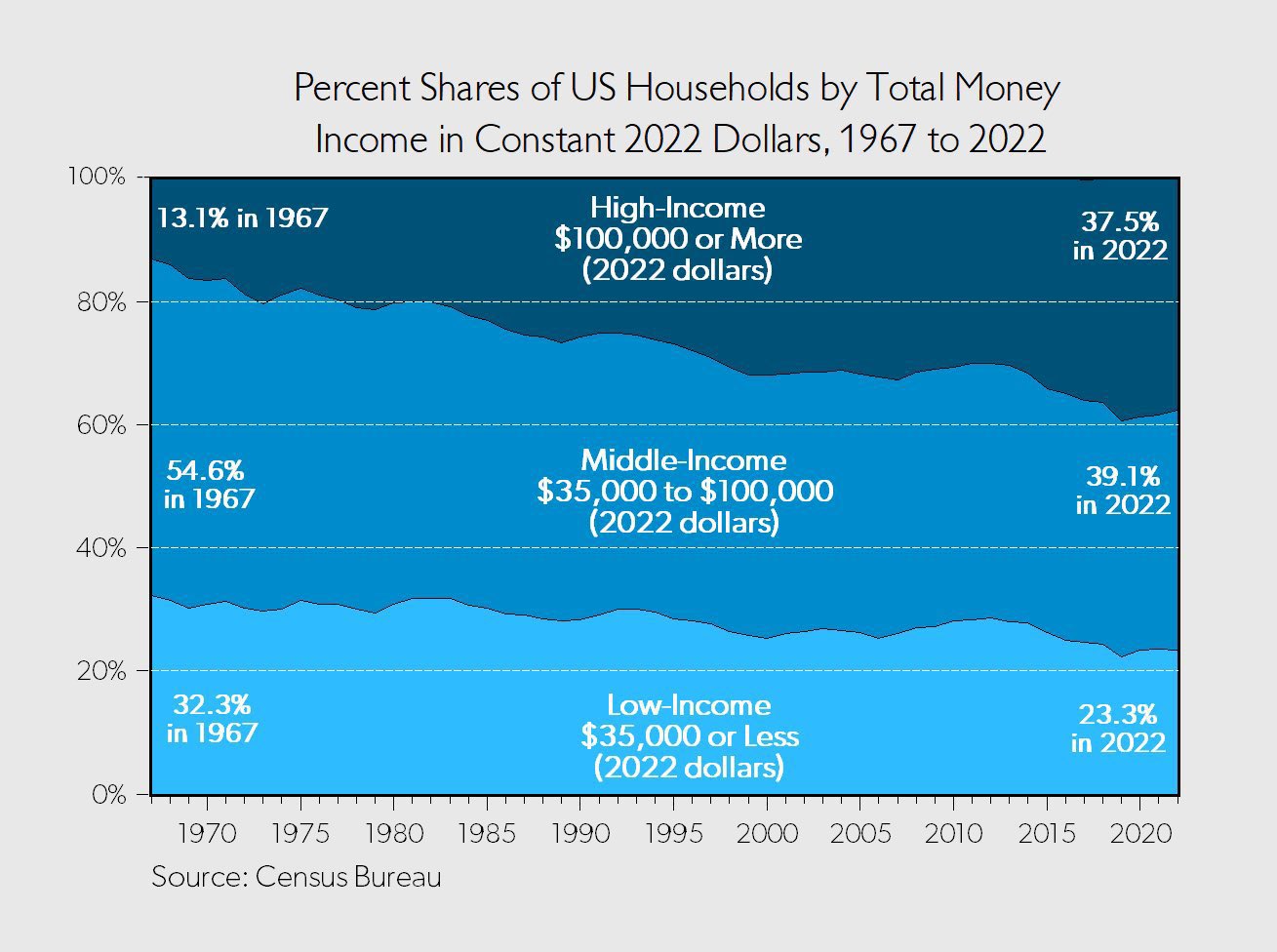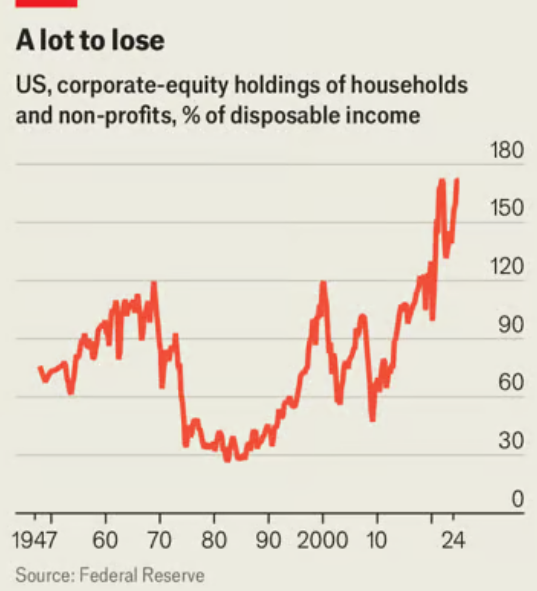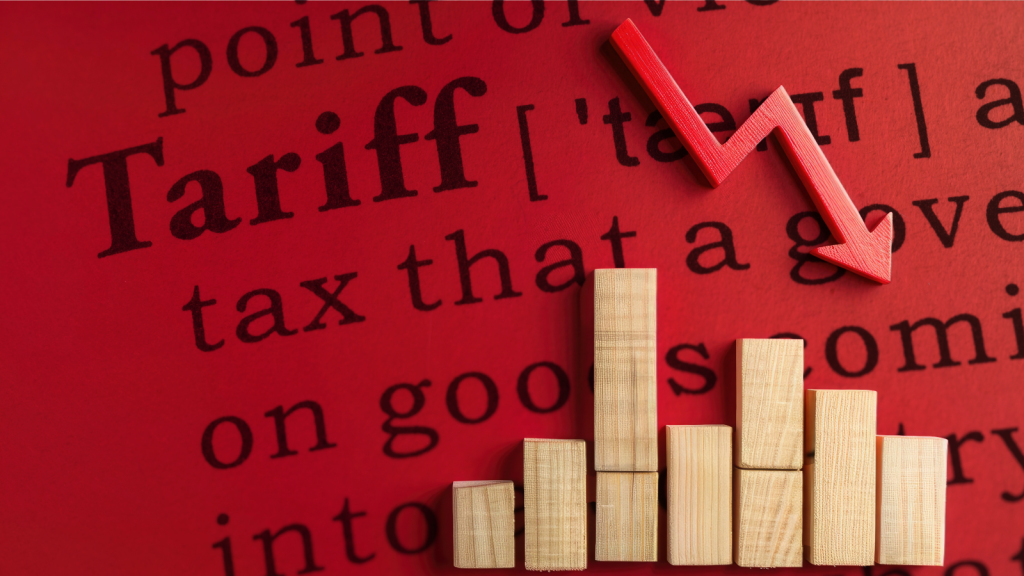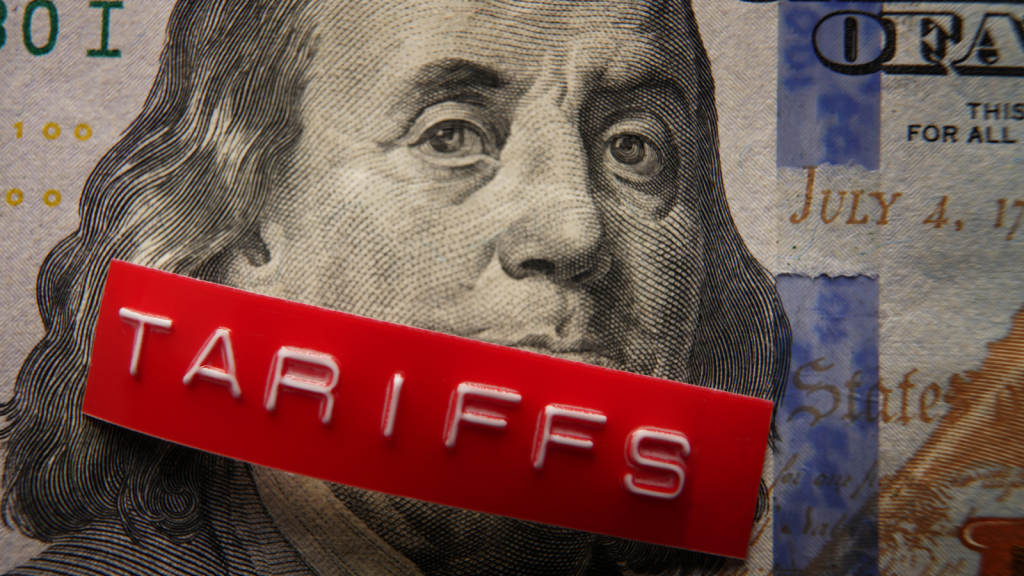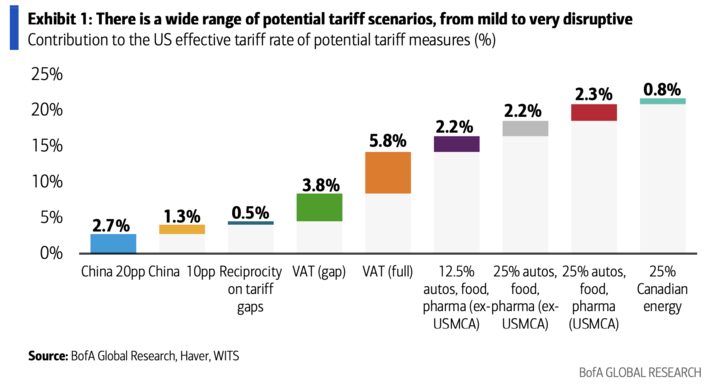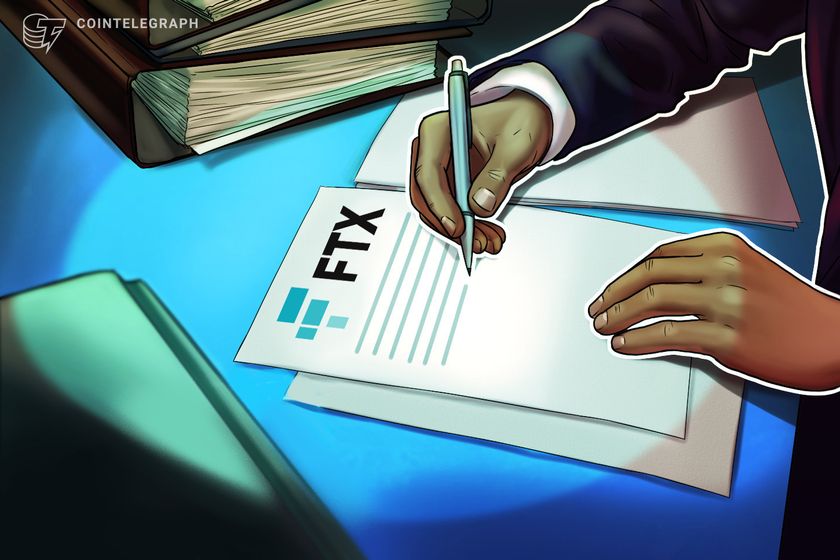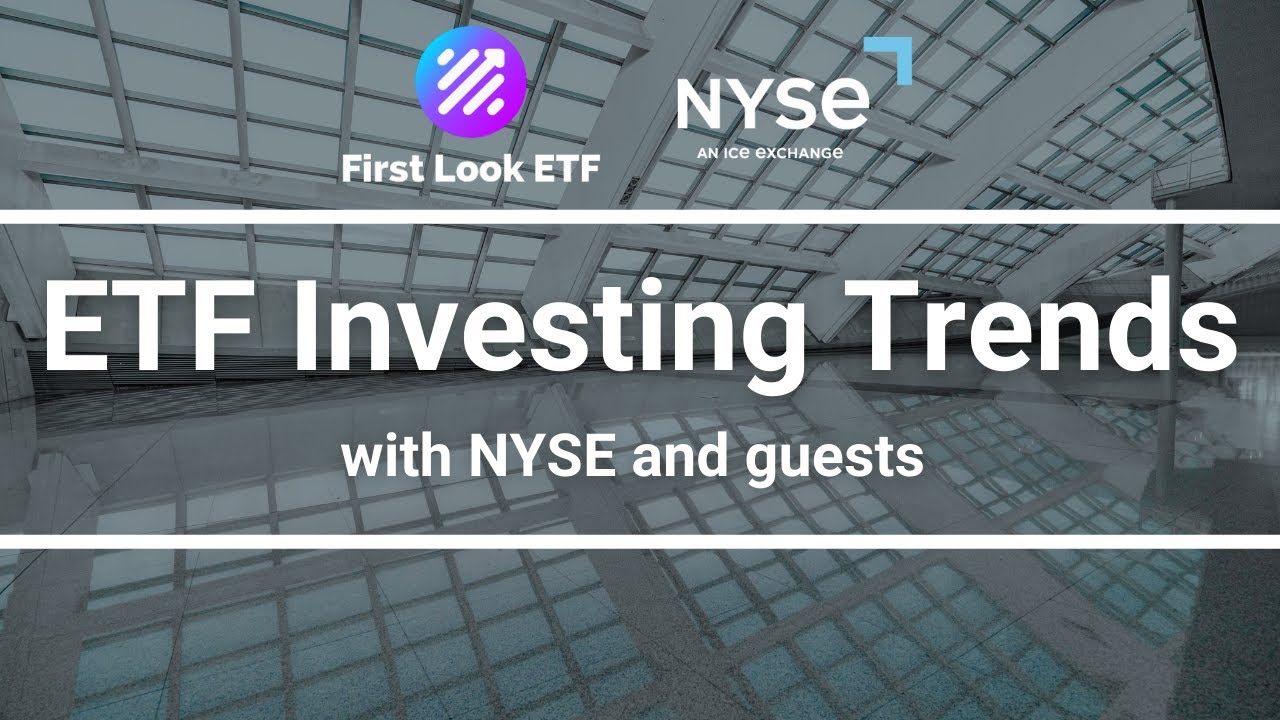Stock Market Today: Stocks end mixed as tariffs trigger recession risks
The S&P 500 claws back earlier losses to finish Monday's session in the green.

Updated at 5:17 PM EDT by Rob Lenihan
Stocks clawed back earlier losses on Monday to close mixed as global markets reacted to President Donald Trump's threat of damaging trade tariffs, which could tip the world's biggest economy into recession over the coming months.
The Dow Jones Industrial Average gained 417.86 points, or 1%, to end the day at 42,001.76, while the S&P 500 added 0.55% to close at 5,611.85 and the tech-heavy Nasdaq lost 0.14% to finish the session at 17,299.29.
Big tech names such as Tesla and Nvidia both ended in the red.
Trump said that his plan for “reciprocal tariffs” — expected to be unveiled April 2 — will target “all countries.”
Updated at 11:37 AM EDT
No quarter
The Dow has crept in to positive territory for the day, with tariff-resilient stocks such as Coca-Cola (KO) , UnitedHealth (UNH) and Verizon (VZ) pacing the 30-stock average.
More broadly, however, the S&P 500 is down 33 points, or 0.6% on the session, with the Nasdaq falling 257 points, or 1.5%, to extend its quarterly decline to 11.5%, the fourth-worst first quarter decline on record.
Q1 2025 is on track to be the 4th worst in the Nasdaq 100's history.
Q1 2001: -32.8%, next quarter: +16.3%
Q1 2008: -14.5%, next quarter: +3.1%
Q1 2020: -10.5%, next quarter: +30%
Q1 2022: -9.1%, next quarter: -22.5%
Q1 2025: -9.8%, next quarter: ?— Bespoke (@bespokeinvest) March 31, 2025
Updated at 9:38 AM EDT
Red open
The S&P 500 was marked 60 points, or 1.07% lower in the opening minutes of trading, with the the tech-focused Nasdaq fell 315 points, or 1.82%.
The Dow slumped 302 points while the mid-cap Russell 2000 fell 34 points, or 1.69% amid the broader tariff and growth uncertainty.
"Last week the stock market’s rebound reversed as inflation, consumer sentiment, and—mostly—tariffs dominated headlines. And even though this is the week of the monthly jobs report, tariffs will likely continue to drive the market discussion," said Chris Larkin, managing director for trading and investing at E*Trade from Morgan Stanley.
"The S&P 500 is positioned to start the week by testing its mid-March correction lows, so whether tariffs are more or less rigid than expected could go a long way toward shaping the market’s near-term momentum," he added. "But any announcement that reduces tariff uncertainty, one way or the other, could help reduce volatility."
S&P 500 Opening Bell Heatmap (Mar. 31, 2025)$SPY -1.02%
























